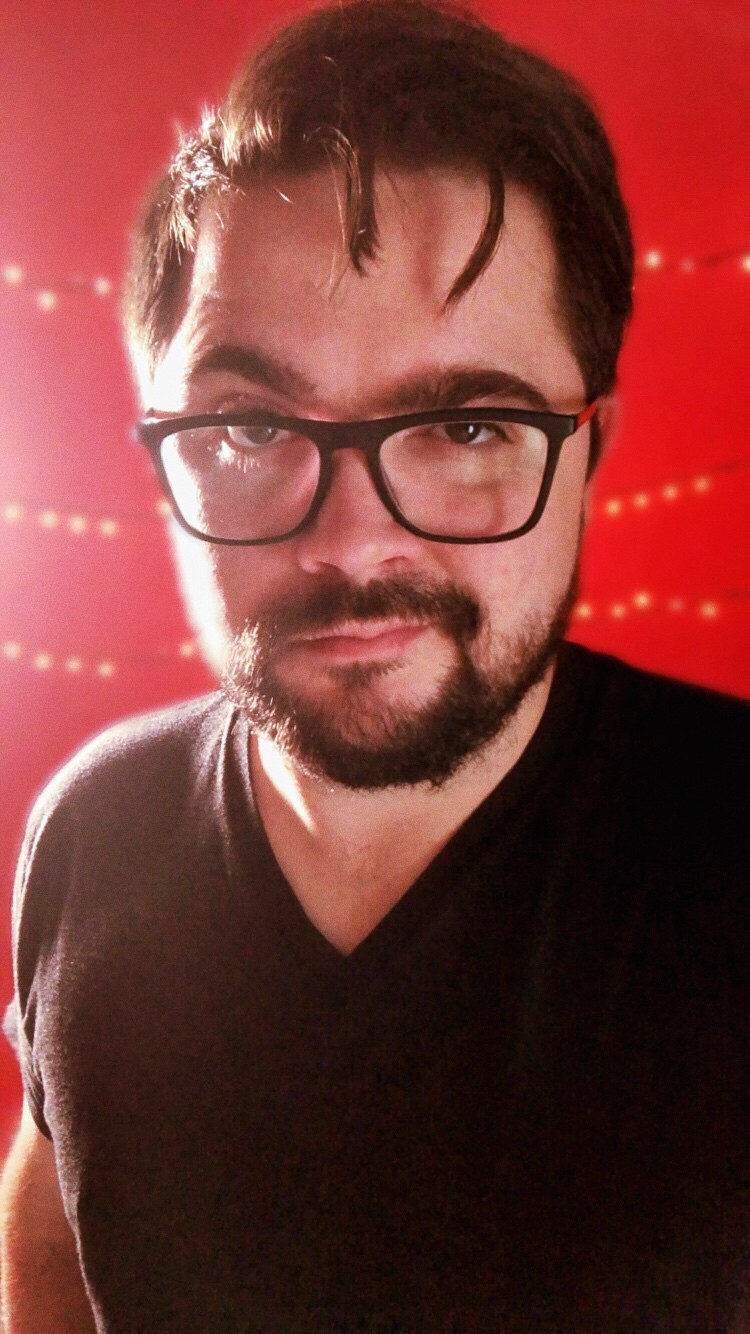We were lucky to catch up with Douglas Wicker recently and have shared our conversation below.
Douglas, appreciate you joining us today. We’d love to start by getting your thoughts on what you are seeing as some the biggest trends emerging in your industry.
A topical trend that is dominating the the creative space is AI. Some creatives embrace it and others fear it, but what does it mean for the future of creativity as the tools continue to become more available and democratized?
As a creative director at an advertising agency, who is also a filmmaker creating his owns films, I find the it’s another case of looking at revolutionary tech and our willingness to adapt to the changes ahead. When sound was added to film it wasn’t received with overwhelming applause, it had its share of naysayers. As did color, widescreen photography, CGI, and many of the commonplace techniques we now have come to expect. A lot of the AI tools we have at our fingertips like ChatGPT, Adobe Firefly, Kaiber, Dall-E, and Invoke work very similarly to search engines and aggregators of information from the internet; They use the prompts we give to best create a solution to problem we are having.
If we learn to get ahead of these tools and how they benefit us, we will developing alongside them as they continue to make our workflows faster, smoother, and more efficient. Human beings naturally want more time to do the things they love and if an AI tool can help us reach that point, then why be afraid of it? If you’re more than a button-pusher who keeps a seat warm and doesn’t want to adapt, you will get left behind. If you’re hungry and driven, you could find opportunities that will make you a more well-rounded creative.

Douglas, love having you share your insights with us. Before we ask you more questions, maybe you can take a moment to introduce yourself to our readers who might have missed our earlier conversations?
I am a filmmaker based out of St. Louis, Missouri. I always tinkered with video, but really began to focus on this as a career over a decade ago. It has allowed me to travel the world, meet new people, have wonderful experiences, and changed my appreciation of the world in significant ways. Growing up in rural Missouri with no connection to the entertainment industry, the idea of making a living as an artist simply did not seem possible.
I was fortunate enough to have someone take a chance on me and hire me into a full-time position as a videographer, which really allowed me to apply my skills every day. As my career has developed, I have learned more and more about the process and it has really enriched my life in ways I wouldn’t have expected. Today, I make my own films and work as a creative director at an ad agency.

Let’s talk about resilience next – do you have a story you can share with us?
You need to embody resilience like no one else. This profession poses numerous challenges that are hard to fully articulate. It involves a constant flow of rejections and obstacles.
Mastering the skill of maintaining equilibrium and tranquility amid all the uncertainties is a process that may span several years. I’ve come to understand the importance of not placing expectations on things beyond my control in my career, and this shift has significantly increased my overall happiness.
Bear in mind that perceptions of you and your work will vary among individuals. Seek out those who genuinely support you without expecting anything in return, and reciprocate by championing others in the same way.

Looking back, are there any resources you wish you knew about earlier in your creative journey?
When I started to take filmmaking seriously, there were few resources online to help teach you the techniques and tools needed to get started. Channels like FilmRiot on YouTube were paramount in learning how to do things DIY without going to film school. However as things have grown and changed, you can sometimes run into conflicting opinions, “hot takes,” click bait headlines, and other misleading bad habits of the internet that can often leave you more confused than when you started. There are plenty of legitimate avenues to look at like that above mentioned, as well as film school workshops for free online that can teach you about anything you need to know for free or for little cost. Sometimes the best information is from a place that might not have all the razzle dazzle of a “WHAT’S UP GUYS!” introduction to the lesson.
It also cannot go without mentioning the value of a mentor. Someone you can send your work to and get real, truthful feedback. However, you have to listen to that feedback and learn how to apply it or you’ll never progress. Find someone who’s work you admire and kindly ask them if they could take a second to watch something of yours and give some feedback. You’d be shocked how effective that can be. Remember though, there’s a fine line between asking and harrassing so be thoughtful about how you approach someone, and don’t be upset if they don’t review your work. Thank them anyway.

Contact Info:
- Instagram: @douglaswicker
- Facebook: https://www.facebook.com/douglas.wicker.391/
- Linkedin: https://www.linkedin.com/in/douglas-wicker/
- Youtube: https://www.youtube.com/@douglaswicker


